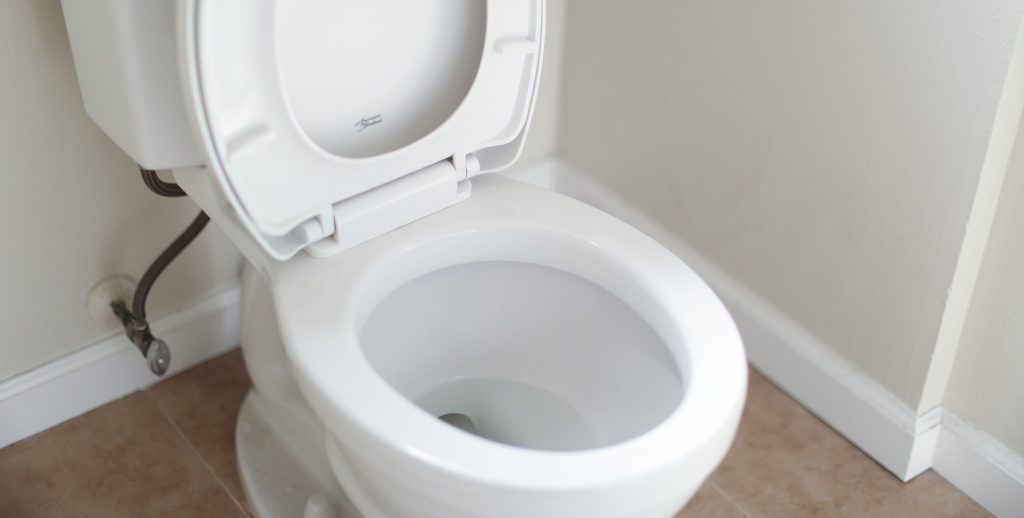Many Australians are being encouraged to get regular testing for sexually transmitted infections after a rise in the number of confirmed diagnoses in the country, The Royal College of Pathologists (RCPA) is reporting.
Between 2022 and 2023, new cases of Gonorrhoea rose 20% alone. There has also been a significant rise in the number of cases of HIV and Syphilis nationally. Cases are expected to rise further through 2024.
Gonorrhoea
One concern raised was the rise in cases of antibiotic-resistant Gonorrhoea, which have been increasing rapidly in Australia. Early detection and treatment of Gonorrhoea are essential for managing and controlling the infection.
Syphilis
More attention has also been drawn to the rise in Syphilis cases. Once thought to be an infection of the past, cases of Syphilis have tripled in the last 10 years. This is especially concerning because of the infection’s tendency to go undetected, causing serious harm to anyone infected, especially pregnant women.
Australia has seen a rise in the number of congenital Syphilis cases in recent years, making the problem more urgent.
HIV
Regular testing for HIV remains essential for sexually active individuals. Early diagnosis and interventions with antiretroviral therapy (ART) can reduce the viral load of infected people, improve health outcomes, and lower the risk of transmission. Unfortunately, testing rates have not kept pace with the rising incidence of infection. Access to testing and ART are essential to stopping the spread of infections and helping maintain the health of those infected.
What's causing it?
A spokesperson for the RCPA, A/Prof Caitlin Keighley, Medical Director, Microbiologist, and Infectious Diseases Physician Southern IML Pathology, says regular testing is crucial.
“Despite a concerning rise in cases, we are not seeing a corresponding increase in testing rates. This includes older adults who may not be forthcoming about changes in their sexual practices. Low testing levels mean that infections can go undiagnosed and untreated, leading to severe health complications and further transmission. This leaves many individuals unknowingly at risk and is particularly concerning for pregnant women, where untreated STIs can result in congenital infections with very negative outcomes. Regular testing is crucial to early detection, effective treatment, and preventing the spread of these infections.”
The rise in STI cases can be attributed to changing sexual practices, like reduced condom use across many sections of the population.
Decreased testing rates and changing sexual practices during the pandemic may also have allowed certain infections to spread unknowingly. Another culprit could be the fact that young people didn’t receive high-quality sexual education during the COVID-19 pandemic.
Who's affected?
The rise in diagnoses occurred across all groups and age ranges. However, certain populations have been more affected than others.
The RCPA drew attention to the fact that Aboriginal and Torres Strait Islander people face “substantially higher rates of STIs compared to non-Indigenous Australians. For example, Chlamydia diagnoses among Aboriginal and Torres Strait Islander people are twice as common as in non-Indigenous individuals. For Gonorrhoea and Syphilis, the prevalence is over five times higher. This highlights the critical need for culturally sensitive health promotion, testing, and treatment initiatives.”
How to get tested
If you’re sexually active and not in a committed monogamous relationship, you should get tested for STIs regularly.
Call the number at the top of this page to speak to a member of Better2Know’s Patient Services team or click the button below to schedule an appointment at a sexual health clinic near you.






